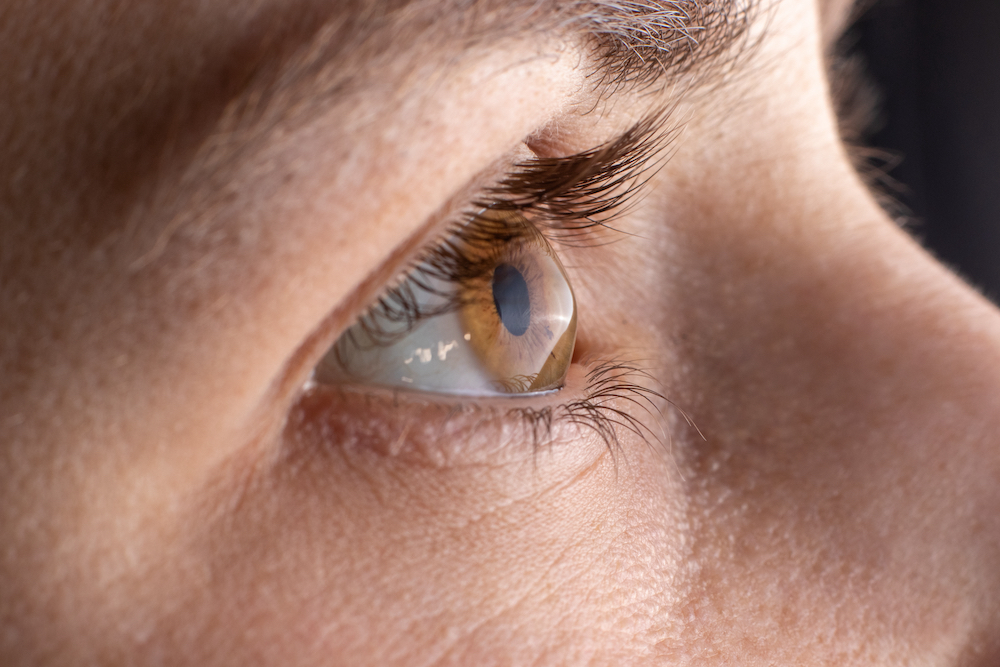
Orthokeratology, also called ortho-k, is transforming the treatment of nearsightedness and other refractive errors. Patients no longer must wear glasses and contact lenses or undergo corrective eye surgery. With ortho-k, optometrists can help patients correct their vision using only specialty contact lenses.
What is Ortho-k?
Ortho-k refers to special contact lenses designed to reshape the cornea. It does so to correct refractive errors and improve vision. The lenses are custom-made and fitted, making them comfortable to wear. They are made rigid to enable them to reshape the cornea.
You wear the lenses when sleeping and take them out in the morning. Overnight, while you sleep, your corneas take on a new shape that will stay for several hours. It leaves you with clear vision without needing any visual aids. The results are temporary, meaning you must wear the ortho-k lenses every night to replicate the results. It’s a convenient method to retain control of your vision.
Who is an Ideal Candidate for Ortho-k?
Before the optometrist prescribes ortho-k lenses, they need to assess your candidacy. The eye doctor examines your eye health, prescription, and the shape of your corneas to determine if ortho-k lenses would help you. The doctor will talk with you about your vision goals and your ortho-k treatment expectations.
An ideal candidate for ortho-k treatment has one or more of the following conditions:
Is nearsighted, meaning they can see nearby objects clearly, but faraway objects are blurred.
Is farsighted (hyperopia), meaning they can see far away things clearly, but nearby objects are blurred.
Has astigmatism (low to moderate) that causes the light to be focused on different areas within the eyes because of an uneven curvature of the cornea.
Is afraid to undergo elective eye surgery or does not qualify for surgical vision correction procedures like LASEK, LASIK, PRK, or SMILE.
Has presbyopia, a condition that causes the eye lens to become less flexible as a person advances in age, making it harder to focus on objects nearby.
Has a job or is engaged in a hobby that makes it challenging to wear contact lenses or glasses. Examples are lifeguards, athletes, and people working industrial jobs or in dusty environments.
High-level myopia runs in the family. This puts a person at risk of developing complications like retinal detachment and glaucoma in the future.
A child with refractive eye problems. Eye doctors are increasingly prescribing ortho-k lenses to children to correct refractive errors and delay the progression of myopia.
Get Your Orthokeratology Screening
Ortho-k is safe and has proven to be an effective treatment for optical refractive problems. Several factors determine if a person can make an ideal candidate for ortho-k treatment. But even so, the best way to determine if you or your loved ones would benefit from wearing ortho-k lenses is to come for an orthokeratology screening.
For more on orthokeratology and its ideal candidates, visit the Optometry Medical Group at our Seattle, Washington offices. Call 206-888-6128 or 206-888-6028 to schedule an appointment today.








